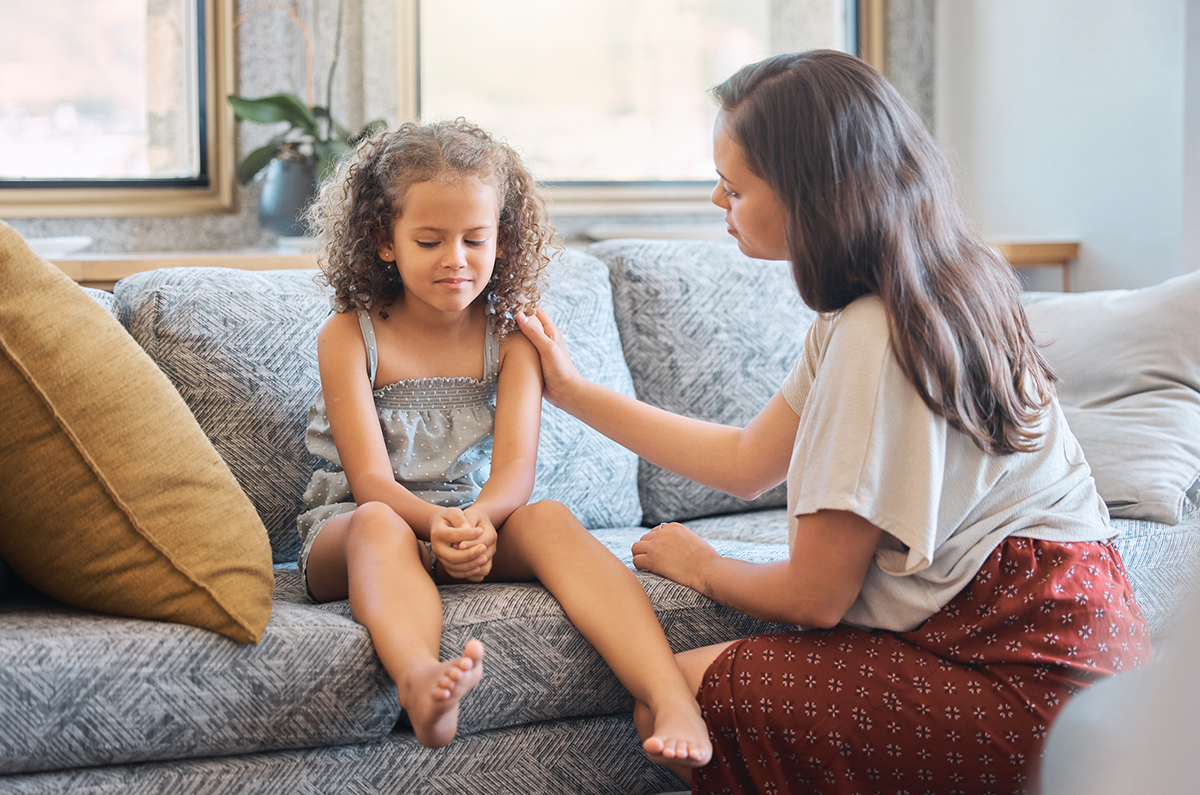
Mr. Rogers, a brilliant theologian and beloved television character, used to tell a story from his childhood. When there were natural or human-caused disasters happening in his neighborhood (local or global), he might become frightened or concerned. His mother would tell him to, “Look for the helpers.” What a comforting idea for a child. Even if there are difficulties, there are helpers dedicated to making it better or supporting those in distress.
Although the lesson was taught several decades ago, it is relevant to the well-being of children and families today. Discord and war are happening in many parts of the world. First responders are tackling wildfires in California on the heels of addressing the devastating impact that Hurricane Helene left in many U.S. communities. As we begin the new year, changes in government leadership at the local, state, and federal levels may also create a sense of uncertainty. According to a recent public health advisory issued by the U.S. Surgeon General, many parents and providers report feeling stress daily, and they are concerned for the future of their families.
What can we do to provide children the reassurance that they need, encourage hopefulness, and support resilience despite adversity?
Provide routine and rituals. Children feel a sense of safety when they can predict what is going to happen next. For example, we are going to put on pajamas and read a story as part of our bedtime routine. For older children, read a story where someone faces a challenge and is resilient! For younger children, read a book with rhyming or repetitive words so they can guess what is coming next. Continue meaningful rituals like lighting candles or gathering for a family traditional meal.
Prepare and plan for inclement weather events or make a list of helpers in the neighborhood whose job it is to take care of the community, such as firefighters, police officers, school administrators, and healthcare professionals. Who are the people your child could go to if they needed help?
Resist the urge to minimize your child’s concerns. Mr. Rogers says, “What is mentionable is manageable.” When we allow children to voice their concerns and listen, the feelings they are having become more manageable. This is also the perfect opportunity to address any misconceptions a child might have about their own safety.
Minimize the amount of time you spend viewing media that leaves you feeling overwhelmed. Look for the helpers and be a helper in whatever way best fits your situation. If you are watching media, balance it with some videos of resilience or kindness.
Create connections. The community provides comfort in times of stress. Show your children how to become helpers. Can you donate to a disaster relief fund or bring food to a food bank? Could you and your children write your government representative and advocate for programs or legislation that is important to you and your family? Can you check on an elderly neighbor or participate in activities that bring people together?
Find inspiration in expected or unexpected ways. “Hope isn’t a denial of what is, but a belief that the current situation is not all that it can be,” says Dr. Thema Bryant, former president of the American Psychological Association. “You can recognize something’s wrong, but also that it’s not the end of the story.”
We can co-create the ending of the story with our children by letting them know we can do hard things together.
For more information on supporting children through stressful events, visit the National Child Traumatic Stress






